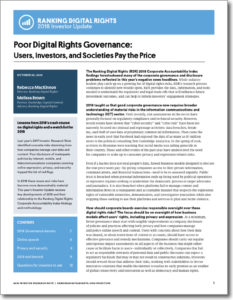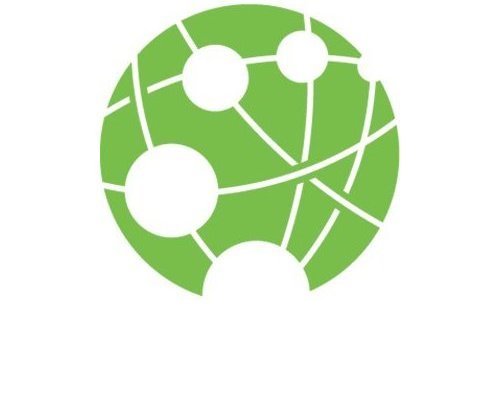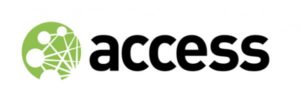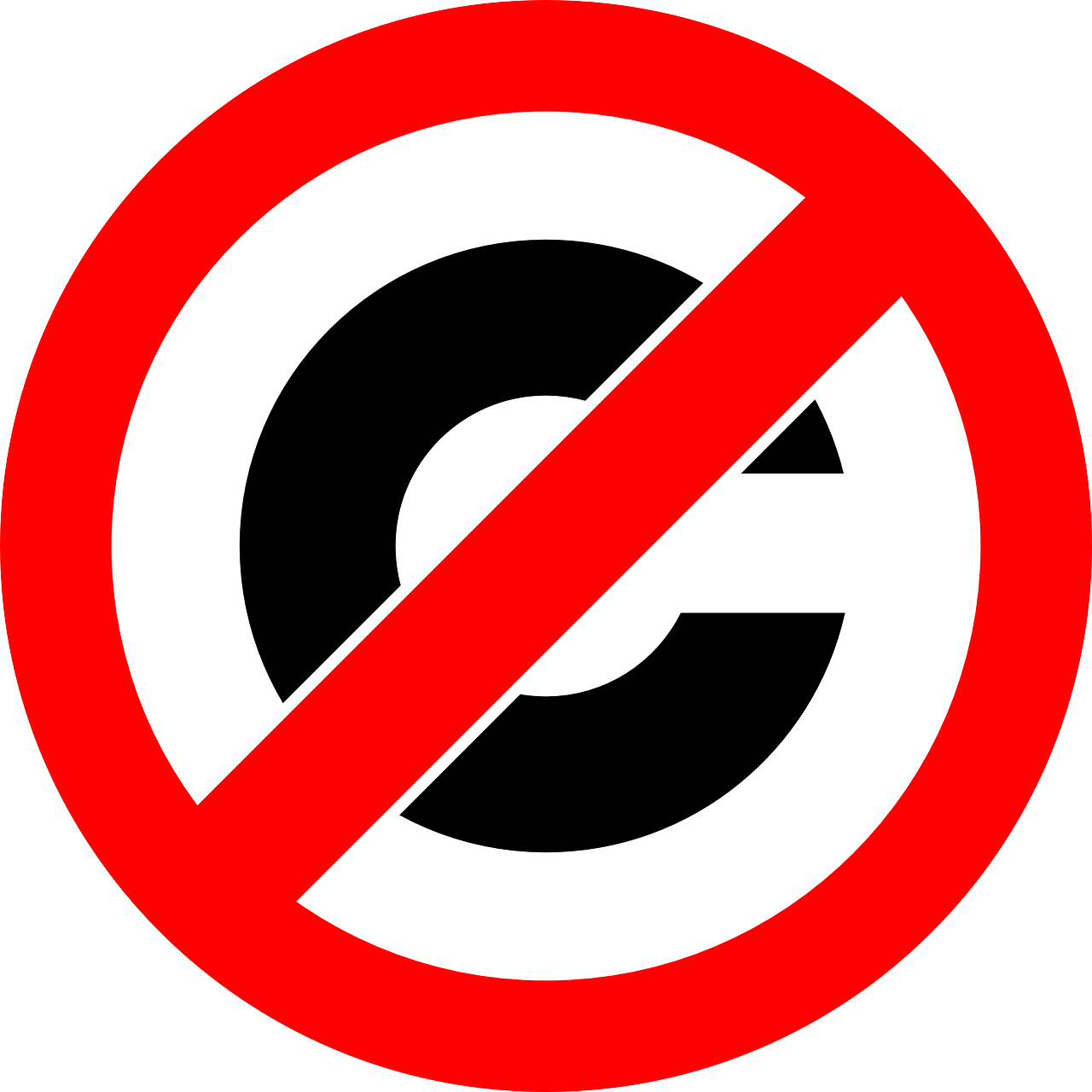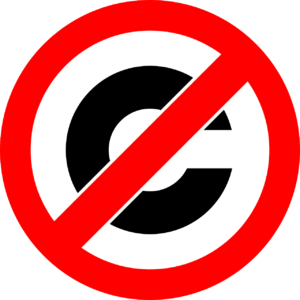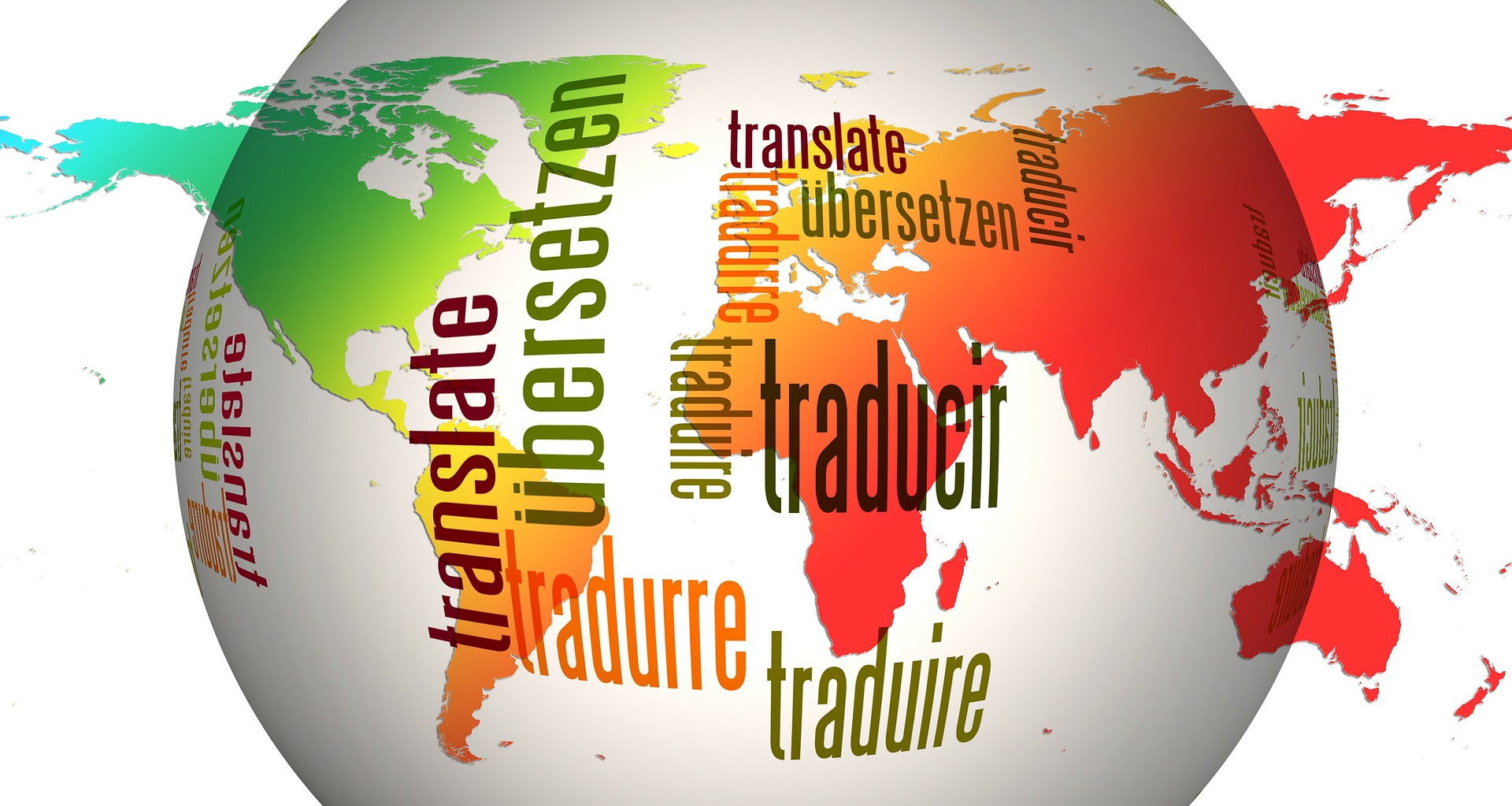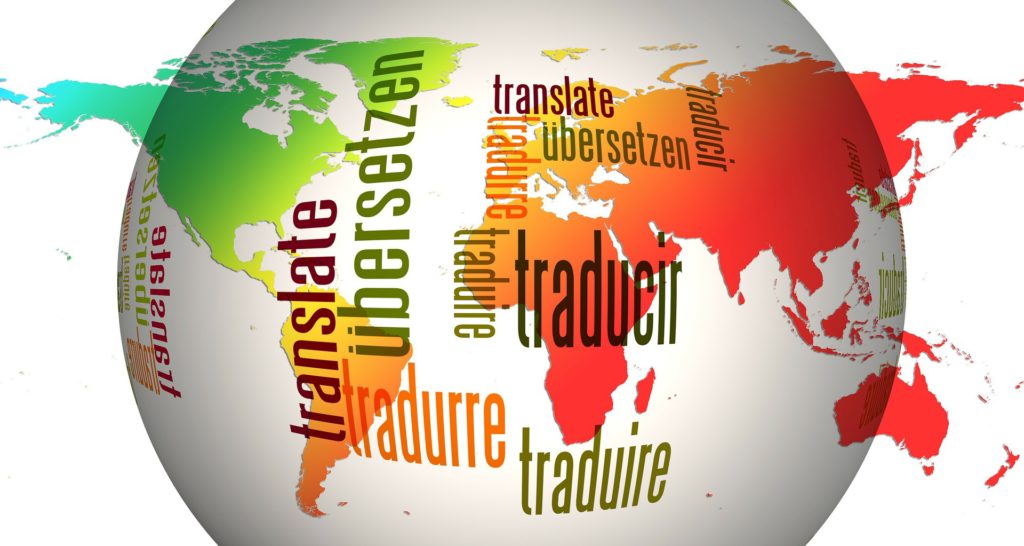29 Oct Investor Update: Lessons from 2018’s crash course on digital rights
The 2018 Ranking Digital Rights Corporate Accountability Index findings foreshadowed many of the corporate governance and disclosure problems reflected in this year’s constant stream of negative news headlines about some of the world’s most powerful internet companies.
Today we are publishing a 2018 Investor Update, which reviews key developments of the past year and their relationship to the RDR Index findings and methodology, and flags some developments to watch as we move into 2019.
Last year we published our inaugural Ranking Digital Rights 2017 Investor Research Note which identified concrete risks stemming from how companies manage user data and content. Poor disclosure and inadequate policies by internet, mobile and telecommunications companies covering online expression, privacy and security topped the list of red flags. In 2018, these issues and risks became more demonstrably material to investors.
- Governance: 2018 showed why it matters. Poor disclosures—especially when signaling an underlying lack of adequate governance practices—were red flags that predicted some companies’ failure to anticipate and mitigate risks to users’ expression and privacy rights that have turned out to be costly to companies. Investor resolutions have been pushing for governance reform and we expect to see more in 2019.
- Online speech: transparency has improved but the rough ride will continue. As opaque, seemingly arbitrary and unaccountable processes for policing content have come under growing fire over the past three years, companies have responded to stakeholder pressure for more transparency, as RDR’s research reflects. But greater transparency and engagement has been insufficient and too late to avert political and humanitarian consequences caused by disinformation and extremism. Most of the resulting regulatory efforts and proposals have themselves sparked human rights concerns about political abuse and censorship. The 2018 Update examines how ongoing policy debates relate to RDR’s indicators.
- Privacy and security: Corporate irresponsibility invites more risk and regulation. Poor disclosure to users about what happens to their data, especially when combined with policies that have limited – or obscured – the amount of control users can have over the collection and sharing of their data, foreshadowed un-examined risks to users’ privacy and security that blew up in the headlines this year. The 2018 Update examines the fast-evolving regulatory landscape on privacy in relation to RDR’s findings and methodology.
The 2018 Investor Update concludes with a preview of the 2019 RDR Index. Please also see our special investor resource page for regularly updated information and resources relevant to investors.


